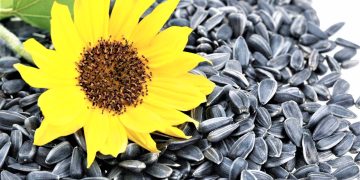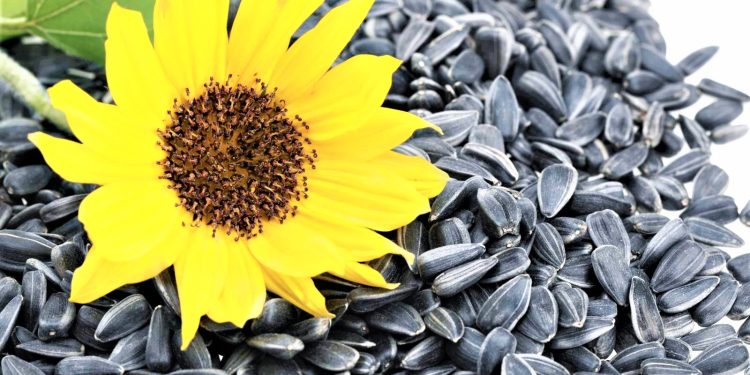#AgriculturalEconomy #TradePolicies #FoodSecurity #Kazakhstan #SunflowerSeedExports #EconomicDevelopment
The export tariff on sunflower seeds in Kazakhstan is set to expire on August 31, sparking discussions about its removal. This situation has reignited conflicts between seed producers and oil processors. Farmers aim to export more seeds at higher prices, while oil producers seek inexpensive domestic raw materials.
Recently, farmers revealed that irrational stockpiles during the 2021/22 season resulted in missed profits exceeding 100 billion tenge due to the imposition of the export tariff.
In response, oil producers held a press conference countering these claims, stating that such quantities of seeds are not available within the country. They argue that the domestic seed supply is insufficient to meet local demand.
Commercial director of Qazaq Astyq Group, Alexander Buzhenitsa, hinted at how seed producers are inadvertently paving the way for the re-export of Russian raw materials. This poses a threat to Kazakhstan’s food security.
Furthermore, the article addresses concerns about the impact on the country’s food security. Buzhenitsa argues that exporting raw materials diminishes Kazakhstan’s processing industry while other nations work to strengthen theirs. The rise of oil processing plants in Central Asia fueled by the need for raw materials, like sunflower seeds, presents an economic challenge for Kazakhstan.
The article points out that Russian traders might exploit the low export tariffs, rebranding Russian seeds as Kazakhstani produce to access markets in China, Uzbekistan, and Tajikistan. Such actions undermine Kazakhstan’s economic growth and industrial development efforts.
Buzhenitsa highlights that, despite the export tariff, the oilseed trade continues, with China overpaying for Kazakhstani sunflower seeds. He emphasizes the complexity of contracts and processing in contrast to simple buy-and-sell transactions.
The article also delves into the strategies employed by Kazakhstan to manage domestic markets. Buzhenitsa discusses the balance between supply and demand, emphasizing that Kazakhstan maintains a planned approach to avoid market saturation.
The article concludes by urging caution in imposing restrictive measures on processed product exports. It highlights the lessons from neighboring countries such as Ukraine, Belarus, and Russia, which have limited raw material exports while fostering strong processing industries. The implications of these developments are significant, affecting both economic growth and food security in Kazakhstan.































